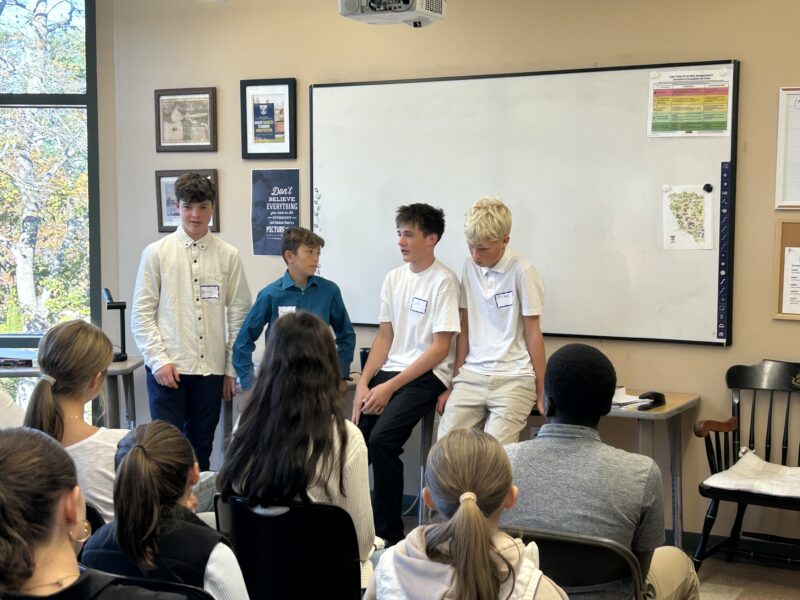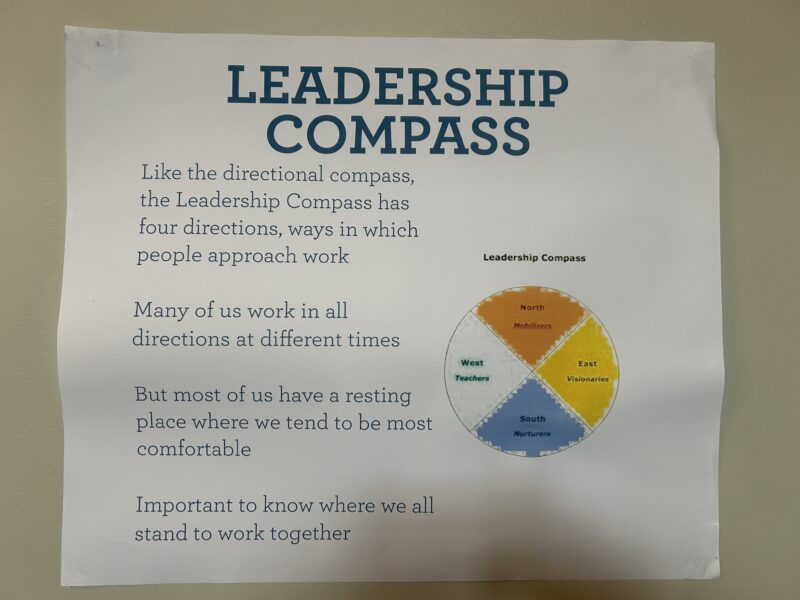A Story About Hyde’s Place in the School World
Hyde’s founding occurred, in part, in reaction to traditional schools, a model that was centuries old. For our first three decades, we had no reason to differentiate ourselves from the therapeutic schools because… they didn’t exist.
Around the turn of the Millennium, when the therapeutic movement was gaining traction, I was invited to dinner with the CEO and CFO of a growing conglomerate of therapeutic schools. Shortly after we sat down and the drinks arrived, I began to feel a pressuring line of questioning relative to Hyde as a business model. As the waiter set the salads down on the table, I turned to my host and observed, “This may sound funny, but I’m getting the distinct impression that you guys are making a play for Hyde School.”
My host smiled and frankly replied, “We are.”
He went on to explain that he hoped to add a college preparatory entity to his organization and, attempting to flatter, he added, “We figured we’d start with the best.”
Before flatly turning him down, I assured him that I took his proposal as a compliment. He was gracious in return. Then, just as I prepared to leave the topic and return to our excellent dinner, he said something that tweaked me: “I respect your position but would like to leave the door open. After all… you’re just like us.”
Hmmm. I paused and, thinking out loud, said, “No. I don’t think so.”
He countered with, “Give me an example of how you’re not.”
Me: “I’ll give you two.” Him: “Proceed.”
First, I talked about my father’s reference point when he founded Hyde. He had zero experience with “troubled teens.” This idea wasn’t remotely in his thinking. His reference point was Advanced Placement Calculus and highly competitive varsity football and basketball. His math students were heading off to the Ivy League and other prestigious colleges and his athletes were competing in competitive NCAA programs. He thought those kids needed something different. He was trying to help them.
My host responded, “You’re right, that is different. Let’s hear your second example?”
I then looked him in the eye and asked a simple straight-forward question: “Do you intend to send your own children to one of the schools in your organization?”
Clearly caught off guard, he responded with, “Well, My hope is that they won’t need it; but if they did, certainly I would.”
I replied, “Not only will my wife and I send our children to Hyde… We wouldn’t have them go anywhere else. And unlike their father, they don’t “need” it. They’re both strong students and athletes who could go most anywhere they wanted to go.” (For the record, both — See above photo — have graduated from Hyde, from college, and are now gainfully employed in the working world.)
My host: “OK, you got me. But we’re still interested.” We went on to enjoy a great dinner, shook hands, and went our separate ways.
Onward, Malcolm Gauld


